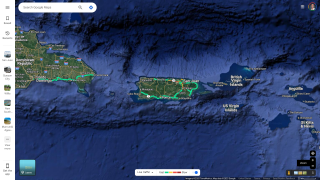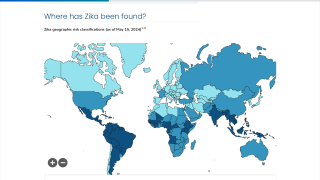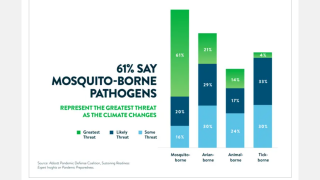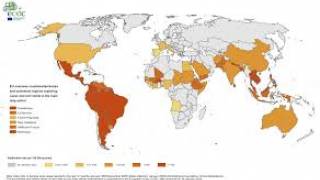Pregnant Women Should Avoid Argentina and Brazil's Zika Outbreak
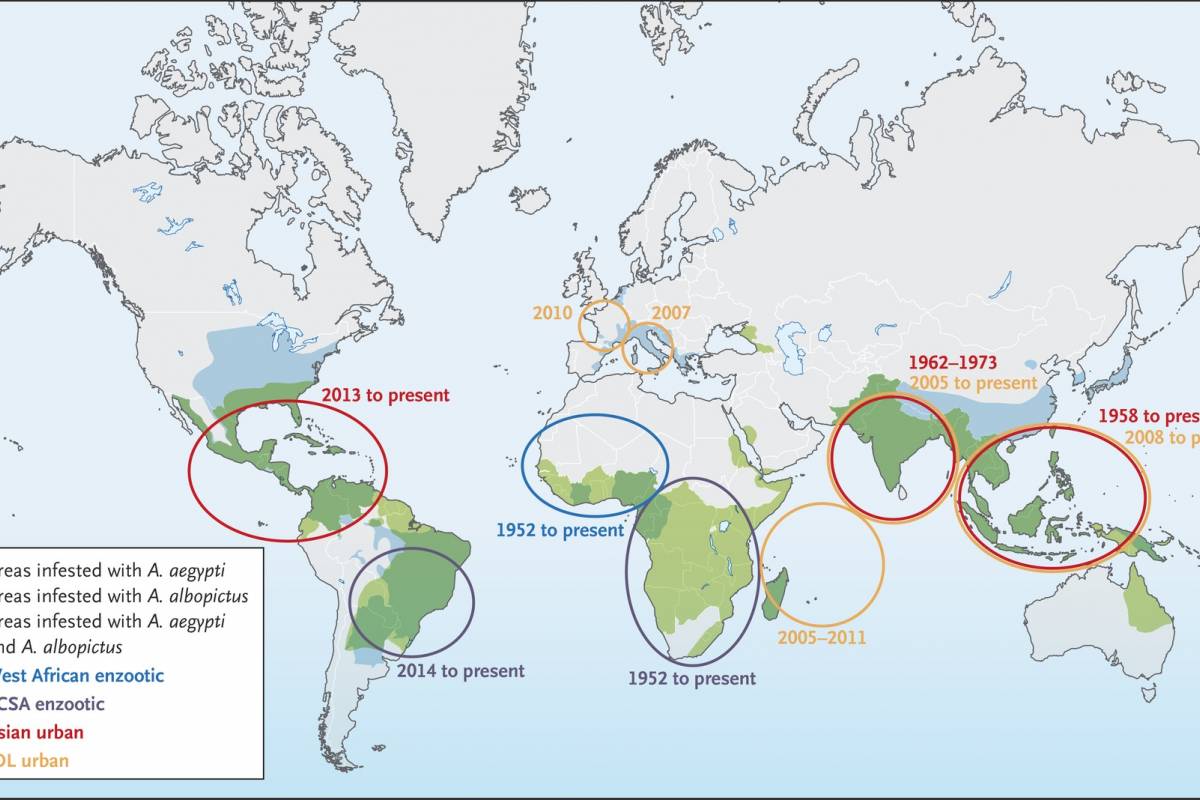
Because Zika infection during pregnancy can cause severe congenital disabilities associated with congenital Zika syndrome, the U.S. Centers for Disease Control and Prevention (CDC) advises pregnant women to avoid visiting outbreak areas in 2025, especially during the rainy season.
As of April 27, 2025, the Pan American Health Organization (PAHO) has confirmed 8,392 Zika cases in the Americas this year, led by Argentina and Brazil.
Last year, 42,127 ZIka cases and two related fatalities were confirmed in the Americas.
Within the United States, Puerto Rico has been categorized as having a risk of Zika virus transmission for several years. In 2025, one Zika case was confirmed in this U.S. Territory, and 16 cases were reported in 2024.
On April 23, 2025, the CDC's updated Yellow Book says healthcare professionals in the U.S. should know how to diagnose, treat, and prevent Zika in international travelers, especially pregnant women.
The CDC writes providers should 'carefully evaluate pregnant women with laboratory evidence of Zika virus infection; closely manage these patients during pregnancy and carefully evaluate live-born infants for clinical features associated with intrauterine infection.'
Because Zika and dengue viruses share a similar global geographic distribution and cause infections that can be difficult to differentiate, some state health departments and many commercial laboratories (such as UltaLabs) perform Zika virus nucleic acid amplification testing and IgM testing.
The World Health Organization says developing a safe and efficacious Zika vaccine and monoclonal antibody (mAb) is a global health priority.
However, as of April 2025, the U.S. Food and Drug Administration has not approved any Zika vaccine or mAb. One innovative Zika vaccine candidate is progressing in clinical trials.
Therefore, the best recommendation to prevent Zika is to avoid being bitten by virus-carrying mosquitoes this summer!
Our Trust Standards: Medical Advisory Committee



